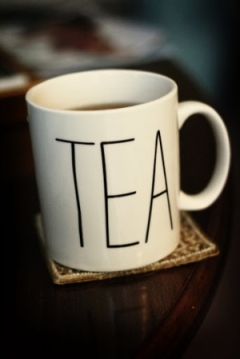Stir-Fried Shrimp with Longjing Tea
(serves 2 people)
Longjing Tea, also known as Dragon Well Tea, is a famous high quality Chinese green tea. Dragon Well Shrimp is authentically made with fresh river shrimp and newly harvested Longjing tea to appreciate its fragrance and color.
Ingredients:
1lb. large shrimp (peeled and deveined)
1 tsp. Shaoxing wine (Chinese rice wine)
1 egg white
Salt to taste
1 tsp. cornstarch
1 Tbsp. vegetable oil
Sauce
2 tsp. Longjing tea or green tea leaves
1 cup hot water
1/4 tsp. salt
1/4 tsp. sugar
1 tsp. cornstarch
Method:
Brew Longjing tea with hot water and strain leaves. Reserve 1/3 cup of the brewed tea and the strained leaves and let cool.
In a bowl, combine the shrimp, Shaoxing wine, egg white, sesame oil, salt and cornstarch. Marinate in the refrigerator for 15 minutes.
Add vegetable oil when the pan is hot. Saute marinated shrimp for about one minute on each side.
Combine all the ingredients for the sauce in a small bowl, then add to the pan with the shrimp, mix well and cook for 2 minutes or until the sauce thickens and the shrimp are cooked through.
Mix in strained tea leaves to the griddle, then serve while hot.

